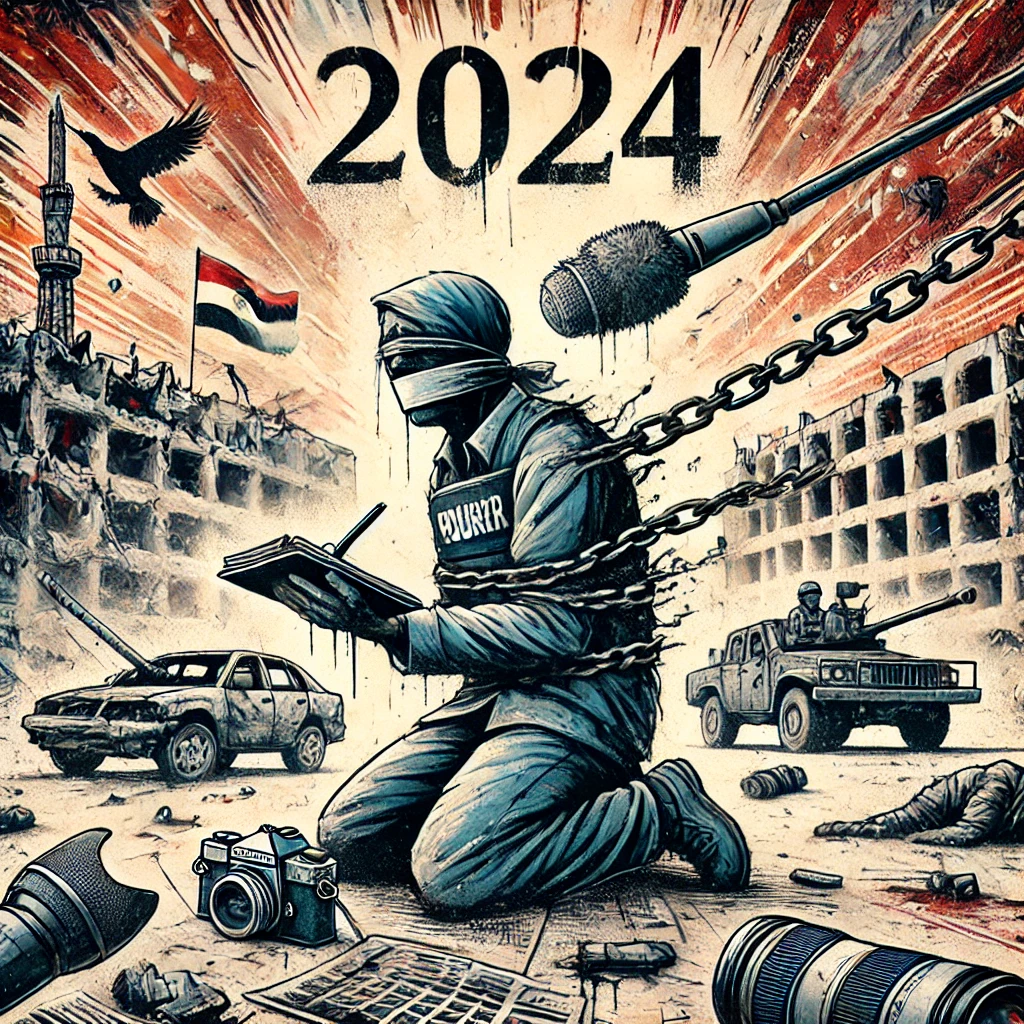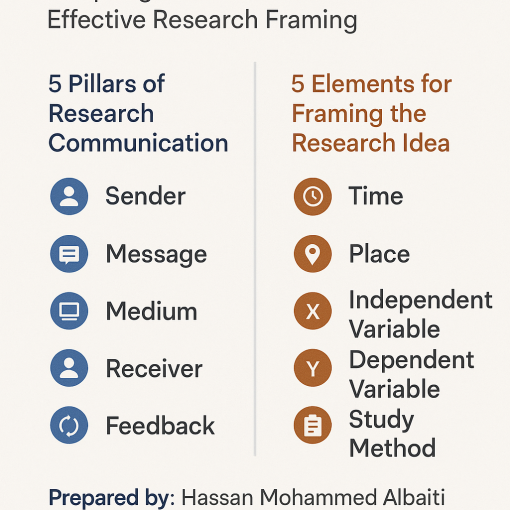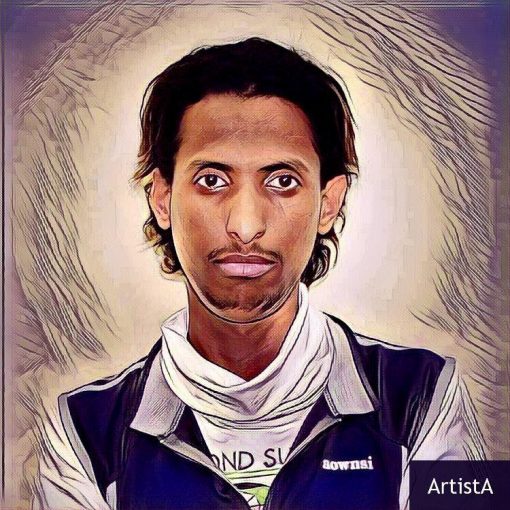Report: Habeeba Al-Hussawi, Mohammed Mutahhar
Graduates of media departments at Arab universities have always suffered from restrictions that shackle them as soon as they join the journalistic labor market, which has always been discussed in all previous annual ARIJ conferences, especially after the Corona pandemic.
This year's conference is held under the title: # Journalism without restrictions, in Early next December In Amman, the question remains: What is the future of graduates in the press syndicates in the Arab world? Is the aspect of digital security still troubling journalists to this day since the hacking events that took place via “Pegasus”? And how will female graduates find themselves after graduation in light of the growing phenomenon of sexual harassment that has prompted regional and international organizations to call for the need to protect female journalists? The most important question among all these questions remains: Why are some journalists left in conflict and war zones without professional care from the media outlets that employed them, and without legal protection from countries that guarantee the right to access information?
Questions that graduates of both sexes from media departments are waiting for someone to answer before they get into trouble that may end in death or destroy their professional future.

On strict terms
Journalists' unions are an essential part of the media system, and play an important role in organizing the profession and protecting the rights of journalists. However, there is a clear discrepancy between the policies of Arab and foreign journalistic unions with regard to granting memberships to new journalists and supporting them, in addition to protecting female journalists from harassment while performing their job duties.
In the Arab world, press unions have strict membership requirements, and these unions often impose bureaucratic obstacles that make joining them difficult for new graduates, especially in the absence of sufficient professional support, as is the case in Egypt, which has been at the forefront of the world of journalism since its inception, where it is necessary for Graduate journalists Submit proof of employment for a specific period in accredited media institutions to obtain membership.
In contrast, foreign press unions, such as National Union of Journalists UKWith more comprehensive and flexible policies towards new journalists, including freelancers, these unions provide training resources and comprehensive legal and professional support, which contributes to strengthening the professional career of journalists. In addition, foreign unions focus on protecting journalists from various violations, including harassment and threats while performing their duties.
And between Arab and foreign unions, it sought Areej To bridge this gap by adopting training resources and legal advice for all beneficiaries of journalists, both male and female, in the Arab world, in light of the scarcity of Arab regional organizations concerned with press affairs in general.

In the face of threats
In 2016, I raised Gretchen CarlsonFox News anchor, lawsuit Against its CEO Roger Ailes on charges of sexual harassment, this case led to Ailes’ resignation and the channel’s compensation of $20 million. The case of this broadcaster opened a major discussion about harassment issues in the American media, which contributed to shedding light on similar cases that many female journalists in the United States were subjected to, while there are Carlson look-alikes in the Arab world, and no one is listening.
Female journalists face physical and psychological threats, most notably harassment while performing their field duties or in the workplace. The Arab world is not far from this, as they are exposed to this without punishment. The stories of some female journalists were tragic evidence of this despite the distance in time and place.
Some of these cases have forced many of them to leave the media field or change their career path, in light of modest efforts to protect them, whether at the level of civil society organizations or government agencies concerned with protecting them. In Western countries, we find the American-originated MeToo movement contributing to raising awareness about sexual harassment issues, and it is met by the “I will not remain silentIn the Jordanian ARIJ network.
In the heart of the cannon
Journalists in conflict zones face a variety of risks, including physical, psychological and legal, and as in Gaza, more than 174 journalists have been killed, according to the office. Government Media in GazaIn the strongest precedent for violating the rights of journalists without accountability or punishment awaiting their killers on the one hand, and without rights being preserved for them after their murder, as some of them are considered the primary breadwinners for their families, and the situation is the same in Yemen, Syria, and Iraq.
Occupational safety is a priority for journalists working in conflict zones, requiring specialized training on how to behave in dangerous environments, including first aid and escaping from areas where armed clashes are taking place.
There are still modest efforts to protect them by international organizations such as the International Federation of Journalists, which adopts legal prosecutions of criminals against the press, and the ARIJ network launched Donation window For the benefit of journalists in Palestine.
And those who are spared from physical assault are not safe from digital hacking, especially since a software company in the Zionist occupation entity granted the “Pegasus” spyware program to hack the devices of journalists, which contributed to the killing of some of them, and the leaking of the sources of others, in light of the almost complete absence of confronting this challenge from the journalists’ unions, except for what the ARIJ network for investigative journalism did by launching the “Safety firstAnd made it available via the WhatsApp quick chat service to serve the press community.
In the midst of this model of the tragic situation of journalists, many graduates, both male and female, may find that their future in this profession is a death knell in light of the complete international silence on the crimes committed against them, which will make the future of journalism gradually recede. Will the year 2025 be a good omen for journalism and its people in Arab countries, or a decline into what is not expected to happen?




